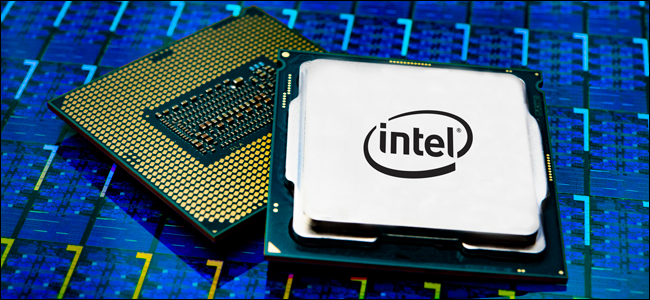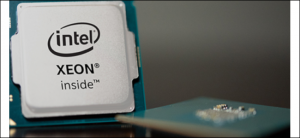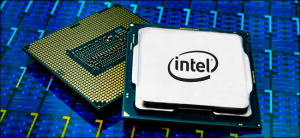
Apple has made a big splash in the month of June 2019 when it presented a renovated Mac Pro desktop computer dripping with processing and as well as graphics power. The primary mechanisms behind the latest Mac beast are Intel Xeon processors. They variety from an unidentified eight-core, 3.5 GHz Xeon W (perhaps, the Xeon W-3223), to additional as-yet-unnamed 2.5 GHz, 28-core Intel Xeon W processor, likely the Xeon W-3275 or W-3275M.
Related:
- How To Fix a Frozen And Not Responding Computer
- How to fix an iPhone 7 that won’t charge
- Microsoft Surface Pro 6 VS Surface Pro 6: Should You Upgrade?
Let’s outside it; Apple’s recent workspace is not real for so many of us. Pricing for the recent Mac Pro to starts at $6,000 and intensifies up to “small business advance.” The recent desktops also own restricted promotion opportunities due to branded connectors, and its absence its vast betting potential on its Windows side.
Should you depart the abundances of Core i7 and i9 processors overdue to research with the world of Xeo, Perhaps not, and here’s why.
What is the Xeon CPU?
A Xeon is an Intel’s CPU team, and also it’s pointed primarily at business workplaces and waiters. These CPUs usually bids more cores than mainstream/majority PCs, however, the clock speeds are a slight unreliable when linked with their Core i7 and also i9 counterparts.
Intel Xeon W-3275+W-3275M, for instance, has a clock fastness which starts at 2.5 GHz and then moves up to 4.40 GHz, with an extra boost to 4.60 GHz under some definite loads. Liken that the general Core i9-9900K, that has a base clock of 3.60 GHz and an upgrade of 5.0 GHz. Obviously, its Core i9-9900K’s clock urgencies are loads enhanced for the regular PC user.

And then, you own the Xeon W-3223. This also has an eight-core, and 16-thread chip, just like the Core i9-9900K, but its own clock speed add out at 4.0 GHz, and the MSRP is about $250 greater than the i9-9900K. In short, Xeon clock speediness can also be nearby to the top Core part or well downward.
Where the Xeon instructions are power magnet and its heat creation —and not in a nice way. The Xeon chips have more power-hungry and become hotter. The 28-core, 56-thread Xeon W-3275M, for instance, it has a thermal project/design power (TDP) of 205 watts, and its W-3223 consumes a (TDP) of 160 watts. The i9-9900K, temporarily, consumes a TDP of 95 watts. You can also get closer to its Xeon with just something like the “prosumer” 16-core, 32-thread Core i9-9960X, that has a TDP of just 165 watts. Motionless, its huge mainstream of the Core i7 and i9 pieces, don’t have higher power and heat thoughts.
Why is Xeons More Expensive?
The Xeon CPUs tend to have more built-in, business- grave technology. For instance, they upkeep error- modifying code {ECC} memory, that avoids data dishonesty and the system crashes. (ECC) RAM is more luxurious and slower, so some home users locate the trade-off value it, as home PCs are pretty dependable.
For businesses wherever the uptime is mission- grave, a limited hour can rate far more than the ECC memory is value. Take monetary trading, for illustration, where dealings happen quicker than humans can recognize. If your computer goes down, or your data gets messed up, it’s a lot of lost currency for these businesses, which is why they’re eager to devote to precise technologies.
The Xeon processors which also upkeep far more RAM than Core chips-do, as healthy as heaps of PCIe lanes for linking growth cards.
When you have added a heap of cores that support for ECC tons of PCIe paths, and a big RAM provision and the price will reproduce that.
If you should ask the more cynical PC fans, however, they’ll notify you that Intel charges a greater price for Xeon since it can. Whatsoever built for a business tends to come with a higher price tag than the consumer-grade apparatus/equipment.
Is It Advisable For Me To Buy A Xeon For My PC?

Intel Core i9 processors.
More lite, all said Xeon sounds, very good: tons of cores, a respectable clock fastness in such cases, and heaps of PCIe paths. Heck, its power problems is just a request to work on usual cooling setup, right?
Perhaps. The Xeons aren’t the greatest and best choice for the regular home power user. This is also counted among the line, make a choice.





Leave a Reply